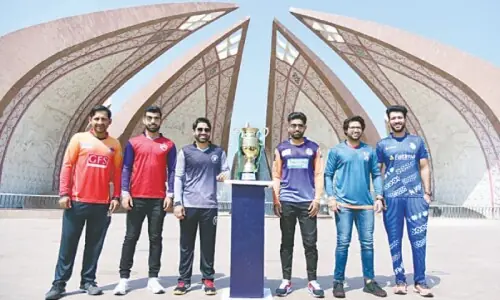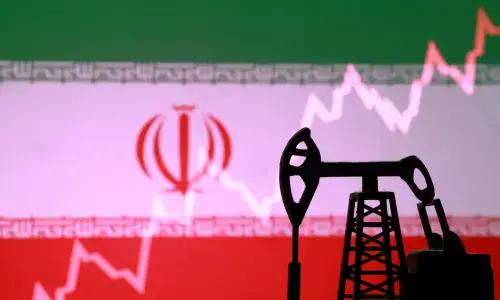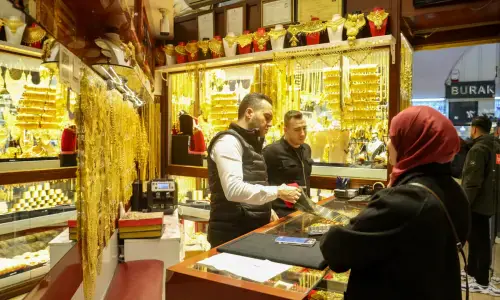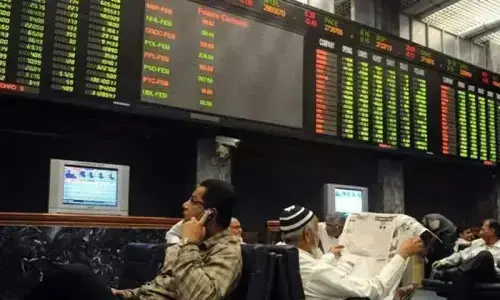KABUL: The US has terminated funding for a $20 million project to develop a Pakistani version of Sesame Street, the US Embassy said Tuesday. The decision came as a Pakistani newspaper reported allegations of corruption by the local puppet theater working on the initiative.
The organization in question is the Rafi Peer Theater Workshop, a group in the city of Lahore that jointly developed the show with Sesame Workshop, the creator of the American series.
The show, which includes Elmo and a host of new Pakistani characters, first aired in December and was supposed to run for at least three seasons.
The US hoped it would improve education in a country where one-third of primary school-age children are not in class. It was also meant to increase tolerance at a time when the influence of radical views is growing.
US Embassy spokesman Robert Raines said the US Agency for International Development terminated funding for the program, but declined to provide further details.
A Lahore-based newspaper reported Tuesday that the cause was ''severe'' financial irregularities at Rafi Peer, citing unnamed sources close to the project. Officials at Rafi Peer allegedly used the US money to pay off old debts and awarded lucrative contracts to relatives, the sources claimed.
Faizaan Peerzada, the chief operating officer of Rafi Peer and one of several family members who run the organization, denied the corruption allegations. He said the US ended its participation after providing $10 million because of the lack of additional available funds.
''Rafi Peer is proud of its association with the project and of the quality of children's educational television programming created within Pakistan as a result,'' the group said in a statement sent to The Associated Press.
If the corruption allegations prove true, it would be an embarrassment for the multibillion-dollar US aid program in Pakistan, which some analysts have criticized for lacking focus and not achieving results.
Rafi Peer plans to seek alternative sources of funding to continue producing the local version of Sesame Street, which is called Sim Sim Hamara, or Our Sim Sim.
The show is led by a vivacious 6-year-old girl named Rani who loves cricket and traditional Pakistani music. Her sidekick, Munna, is a 5-year-old boy obsessed with numbers and banging away on Pakistani bongo drums, or tabla.
Other new characters include Baily, a kindly donkey who loves to sing, and Haseen O Jameel, a vain crocodile who lives at the bottom of a well.
The action centers around a mock-up of a Pakistani town, complete with houses, a school and Baaji's dhaba, a small shop and restaurant found in many places in the country.
The town also includes a large Banyan tree, known as the wisdom tree in South Asia, in the shade of which the children often play.
Each episode is based around a word and a number, like the US version, and tackles general themes like friendship, respect and valuing diversity. This last theme is particularly important in Pakistan, where extremists often target minority religious sects and others who disagree with their views.
The American version of Sesame Street first aired in 1969, and the US government has worked with the company since then to produce shows in about 20 foreign countries, including Muslim nations like Bangladesh and Indonesia.

































